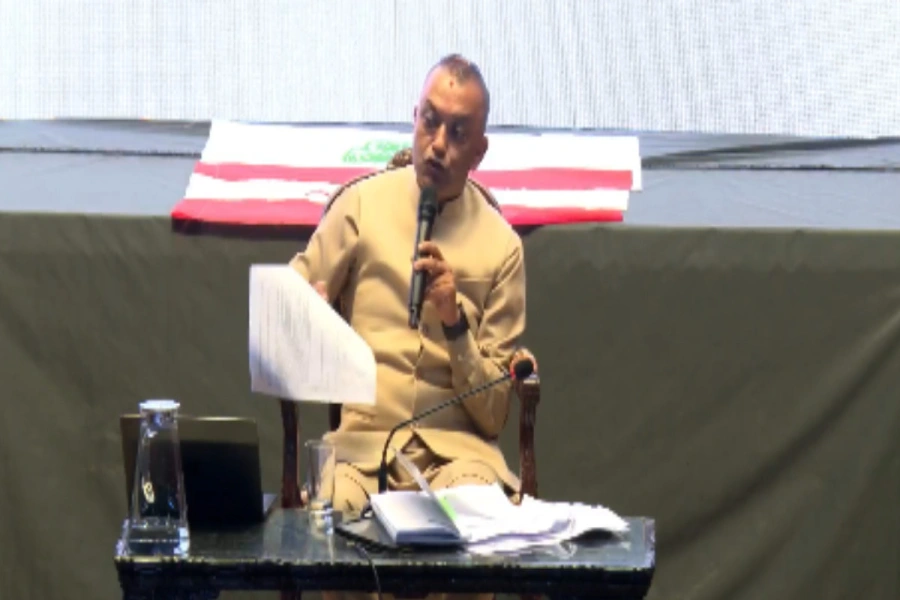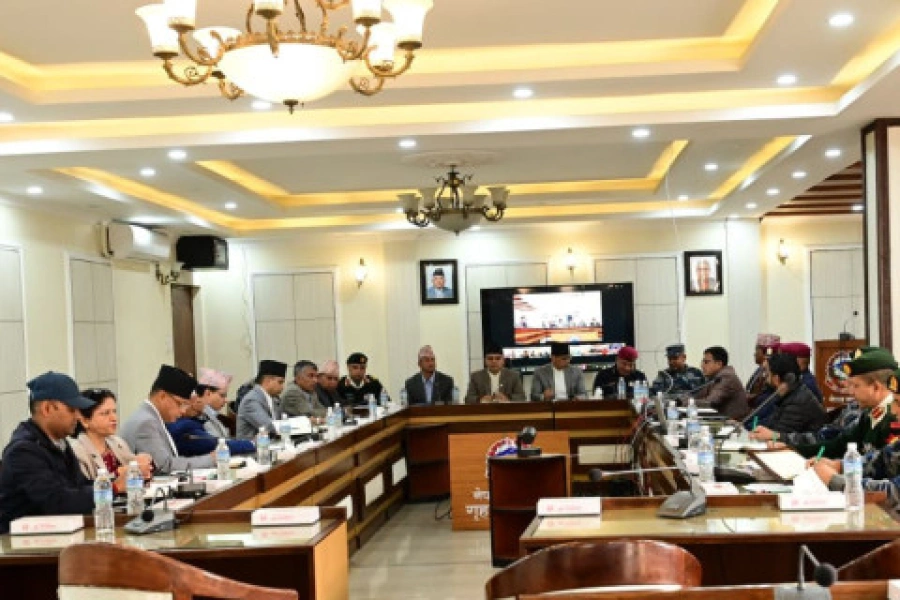KATHMANDU, July 28: While the government has already set up an economic rehabilitation fund to provide interest subsidy and cheaper credit to businesses and industries battered by the recent Tarai turmoil and last year's earthquakes, there has not been a single demand from private sector for such facility.
Nepal Rastra Bank (NRB) operates the Rs 100 billion fund in which the government has already provided Rs 5 billion. Similarly, commercial banks have made commitment to contribute Rs 29 billion.
Commercial banks will get 1.5 percent interest on their investment in the fund.
Though the government had introduced the Economic Rehabilitation Fund (Establishment and Operation Working Procedure) on February 24, it could not come into operation due to lack of resources as the government was yet to allocate any budget for the fund.
Now, the fund has Rs 5 billion in its account, but there is no demand from industries and businesses which were affected by the earthquakes and the Tarai turmoil. The fund can also receive resources from development partners and other donor organizations, according to the working procedure.
"General estimation was that there could be demand for Rs 7 billion worth of interest subsidy. Surprisingly there has not been any demand for interest subsidy and cheaper financing yet," said an executive director of the central bank, requesting anonymity as he is not allowed to talk to media.
The central bank has not sought disbursement of the committed fund from the commercial banks as there has not been any demand for relief from industries and businesses yet.“
"Why to pay interest on funds of commercial banks when the existing fund has remained unutilized? We have told the commercial banks that we can ask for disbursement of their commitment anytime if there is demand from the private sector," the executive director added.
According to the working procedure, private firms and industries of specified sectors, who were hit by the disruption in border points and the unrest in southern plains, can get interest subsidy of 4 percent for up to Rs 100 million loans and 2 percent for credit more than Rs 100 million.
Similarly, there is another facility in the fund which allows the private sector (specified business) affected by the 'recent unfavorable circumstances' to get cheaper loans at five percent interest. BFIs floating loans under this scheme will get the refinance facility from the central bank through this fund at 1.5 percent interest rate.
However, country's private sector leaders rue that the working procedure has laid down legions of conditions that make it almost impossible to seek the facility. "We had demanded a stimulus package through which the government would carry out restructuring of affected industries and private firms and provide them loans at very low interest rates as well as offer bailout package if needed. It set up the fund very late, and also put many conditio”s," Hari Bhakta Sharma, president of Confederation of Nepalese Industries, sai“. "The working procedure requires industries to furnish evidence of crisis that affected at least 50 percent of their production which is very difficult to furnish in the present content."
He further added that the relief package comes with so many conditions that no industry can qualify for utilizing the facilit“. "The government should revisit the conditions so that the affected industries can easily utilize the fund," he added.
Revised interest rate corridor system introduced







































